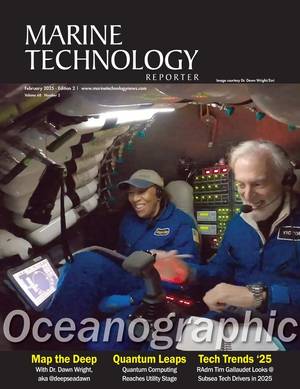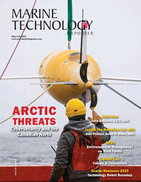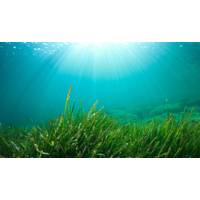
Funding Awarded for Five Projects that Study Ocean Systems in a Changing Climate
microbes and animals play in shaping those relationships.”The five projects and teams will form the inaugural membership of OBVI, which has committed $45 million to fund their research over the next five years:Integration of models and observations across scales (InMOS). Led by: Tim DeVries (University of California, Santa Barbara) and Ralph Keeling (Scripps Institution of Oceanography)The global ocean helps mitigate climate change by absorbing heat and carbon, but is also experiencing a triple threat from warming, deoxygenation, and acidification that may cause harm to marine ecosystems. InMOS
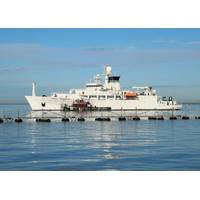
US Navy to Name Oceanographic Survey Ship USNS Robert Ballard
explorers, oceanographers and distinguished marine surveyors. Widely known as a discoverer of the final resting place of the R.M.S. Titanic, Dr. Robert Ballard is a retired U.S. Navy Commander, former director of the Center for Ocean Exploration, and a tenured professor of oceanography at the University of Rhode Island’s Graduate School of Oceanography.“Dr. Ballard’s career, explorations, research and focus on teaching the next generation of oceanographers is remarkable, and I am pleased to name T-AGS 67 in his honor,” Del Toro said. “One of my enduring priorities
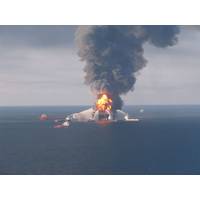
What Did Scientists Learn from Deepwater Horizon?
natural state is really critical to understanding the impact of oil spill conditions.”Additional authors of the review are chemist Ryan P. Rodgers (Florida State University), and microbiologists J. Cameron Thrash (University of Southern California, Los Angeles), David L. Valentine (University of California Santa Barbara), and Helen K. White (Haverford College)
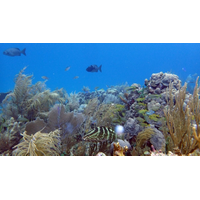
How Microbes Reflect the Health of Coral Reefs
habitat and climate-based change.The study was published in the journal Environmental Microbiology on December 13. Co-authors of the paper include colleagues from CIM-UH, Universidad Nacional Autónoma de México, Phillip and Patricia Frost Museum of Science, Mote Marine Laboratory, and the University of California, Santa Barbara. For more information, visit Amy Apprill's lab.Funding for this work was provided by OceanX and the National Science Foundation.Nearshore reefs in the heavily-impacted Florida Keys show unhealthier corals and less marine life. This mountainous star coral (Orbicella
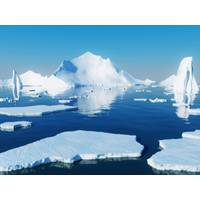
Arctic Ice Loss Driven by Natural Swings, Not Just Mankind -Study
of the Arctic climate might be tied to shifts as far away as the tropical Pacific Ocean. "If this natural mode would stop or reverse in the near future, we would see a slow-down of the recent fast melting trend, or even a recovery of sea ice," said lead author Qinghua Ding, of the University of California, Santa Barbara. But in the long term the build-up of man-made greenhouse gases would become an ever more overwhelming factor, he wrote in an e-mail. "Looking ahead, it is still a matter of when, rather than if, the Arctic will become ice-free in summer,"

Wopschall Named Director at Pioneer Consulting
Consulting from his previous employer specializing in offshore geotechnical analysis, marine survey and geosciences services. During that time, he helped to develop international business for cable surveys and grow a global marine advisory consultancy. He holds a BSc in Engineering Geology from the University of California, Santa Barbara and a Professional Certificate in Business Development from the University of Washington’s Foster School of Business and is based in Oregon
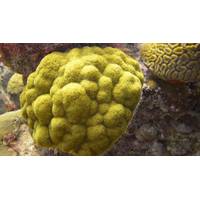
Study Reveals Corals' Influence on Reef Microbes
in a sea of marine microbes, such as bacteria, algae, and viruses. While these extremely abundant and tiny microorganisms influence coral communities in a variety of ways, a new study by researchers at the Woods Hole Oceanographic Institution (WHOI), the Bermuda Institute of Ocean Sciences (BIOS) and University of California, Santa Barbara (UCSB) reveals that corals also have an impact on the microbes in waters surrounding them. In novel lab observations of interactions between corals and planktonic bacteria, known as picoplankton, researchers found that corals are selectively feeding on specific
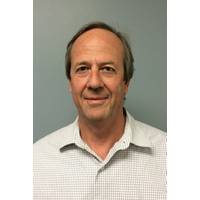
Nichols Joins InterAct Technical Team
Arabian Basin with Pennzoil and later Novus Petroleum, including seismic acquisition and interpretation and well operations. His accomplishments include the role of president of Pennzoil Qatar Inc. in Doha, Qatar. Nichols holds a BA in Mathematics (Summa Cum Laude), an MA in Geology from the University of California, Santa Barbara, and an Executive MBA from Case Western Reserve University
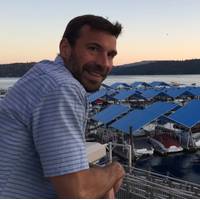
Grava Named VP at Seafloor Systems
, RESON Teledyne Marine, is joining John Tamplin, President, Seafloor Systems, Inc. in a newly created position, Vice President Sales. Josh will manage U.S. and International sales and rentals for all multibeam hydrographic sonar systems. Grava joined RESON in 1997, straight from University of California Santa Barbara, as sales and marketing assistant. Within a year, he created a sales manager position for himself with RESON’s Transducer and Hydrophone product line, and through dedicated business development, steadily built that program up from $10,000/year business to over $1 million/year
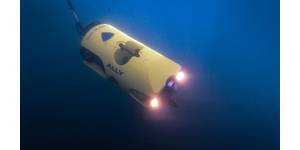
 February 2025
February 2025
